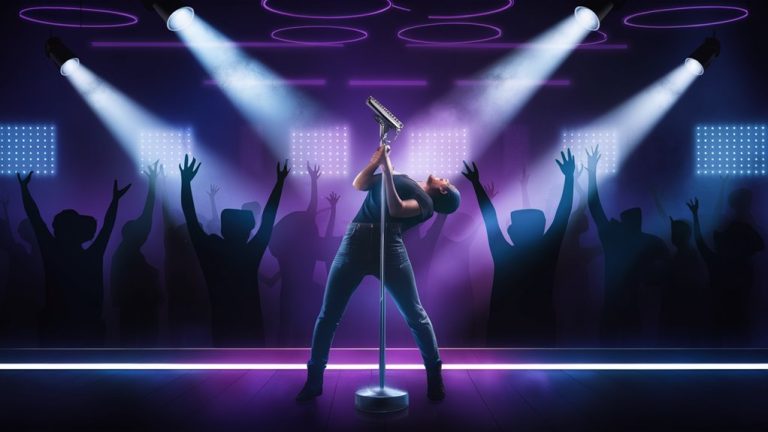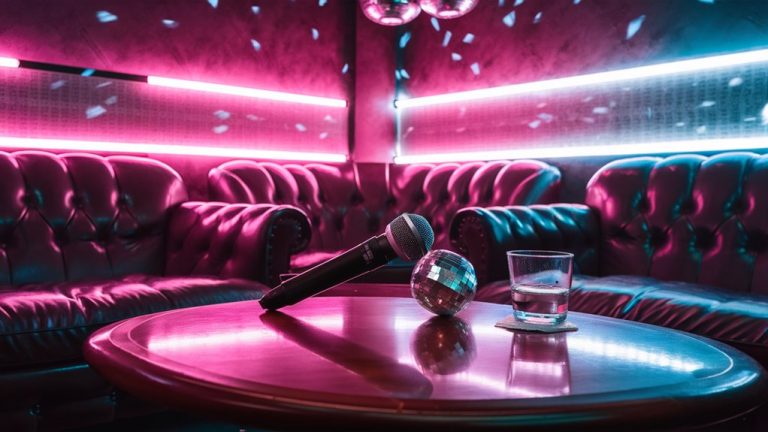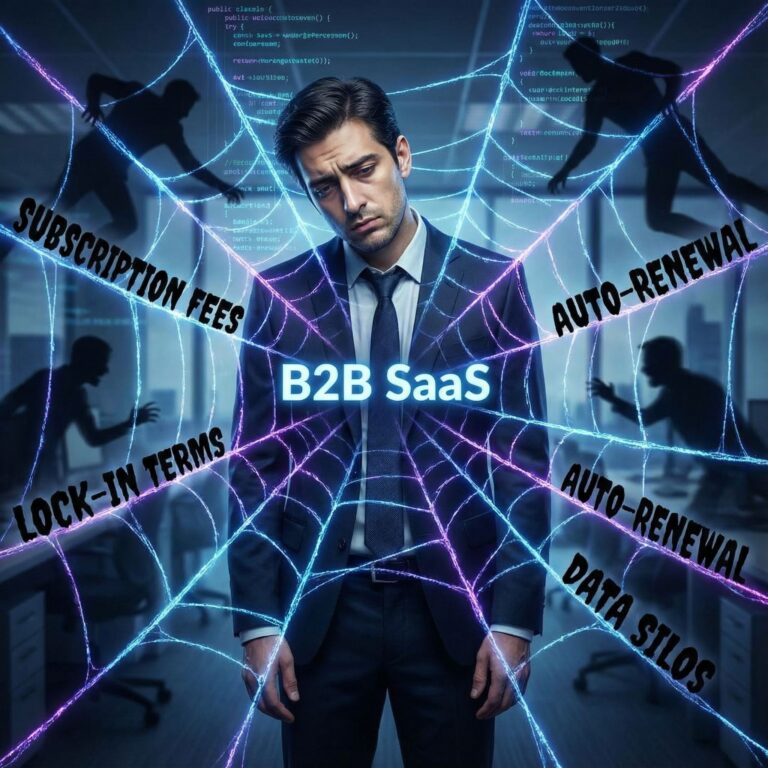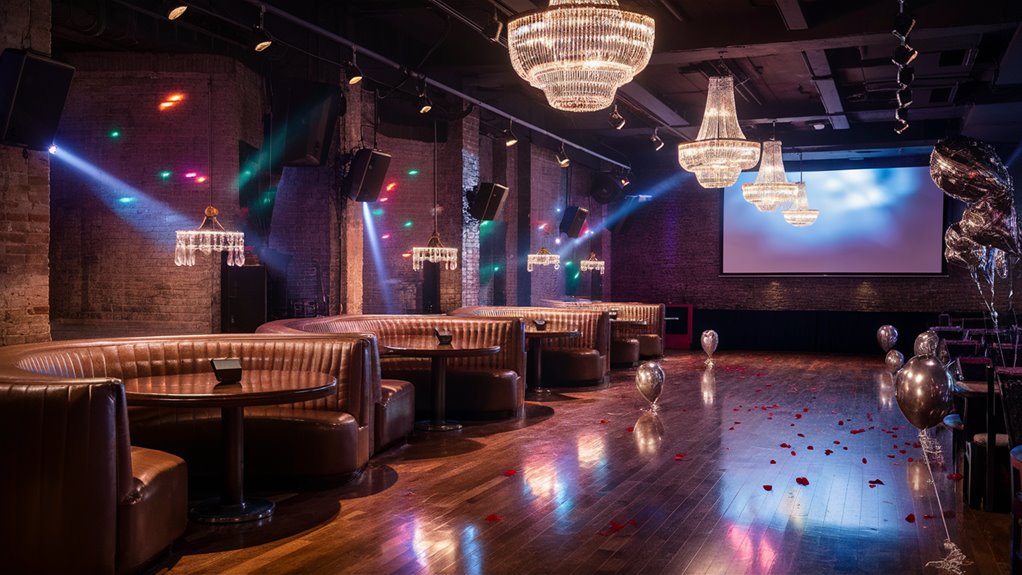
Top Places for Karaoke on Special Days
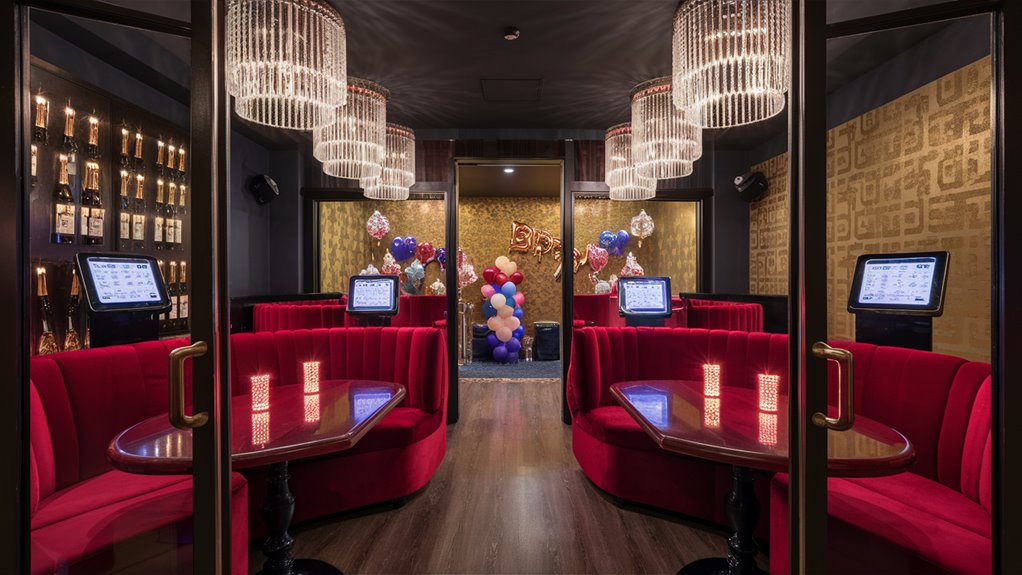
Private karaoke rooms are great for fun times, giving 8-15 people their own space with top sound gear. Plans often start at $300 for 2 hours, best for small, special meet-ups.
Ways to Save Money
Book from Monday to Thursday during slow 호치민 퍼블릭가라오케 미리보기 hours to get big cuts of 30-40%. Also, top karaoke spots often have deals that give food and drink perks, adding value for the party thrower.
Good Locations Help Too
Pick spots with easy access and free parking to help everyone get there easy. Spots where you can bring your own drinks cut drink costs by 60%, but keep the fun high.
What to Look for in a Venue
- Top sound gear
- Rooms just for singing
- Many food choices
- Adjustable lights
- Huge song lists
- Easy ways to pick songs
- Sound-proof rooms
- Places all set for parties
Picking the Right Karaoke Spot
Party size and money limits are big in choosing your karaoke spot.
Most spots give two main setups:
- Private karaoke rooms (holds 8-15)
- Big places (holds 20-50)
Check Sound and Songs
Sound gear quality and song list variety need a good look before booking.
Key tech parts to check:
- Top sound gear
- Legal song tracks
- Updated song lists with old and new hits
Think About Location and Ease of Getting There
Smart spot pick and easy parking greatly help in making the event good.
Important features:
- Close to public transport
- Parking just for the event
- Central spot for everyone
Rules at the Venue
Food and drink rules change from place to place:
- Minimum buys
- Bringing outside food
- Drink deal options
Booking the Place
How to book needs careful thought:
- Deposit needs
- Cancellation rules
- Fees for extra time
- Book early, at least 30 days for busy days
Room with a Door vs. Open Stage Karaoke: Your Full Guide
Choosing the Best Karaoke Type
Choosing between private rooms and open stage changes how your party feels, the costs, and what you get.
Knowing the key differences keeps your party fitting your group’s style and wallet.
Rooms Just for Your Group: What You Get
Private rooms charge by the hour ($40-100 each hour) and fit 8-15 people. They give:
- All control on song picks
- You choose the sound and lights
- Little wait between singers
- Staff just for you
- Privacy for shy singers
Open Stage: The Feel and Pluses
Open stages usually charge each person through:
- Cover fees ($10-25)
- Minimum drink buys
- Pay-per-song choices
Main Pluses of Open Setting:
- True karaoke bar feel
- Bigger crowd vibes
- Group singing spots
- Good for small groups
- Chances to meet others
Making the Smart Choice
Rooms with doors are best for:
- Mid to big groups (8+ people)
- Birthday parties
- Company events
- People who are more private
Open stages are great for:
- Small groups (less than 8)
- Outgoing people
- Those watching their budget
- Last-minute karaoke fun
Drink and Food Options at Karaoke Places
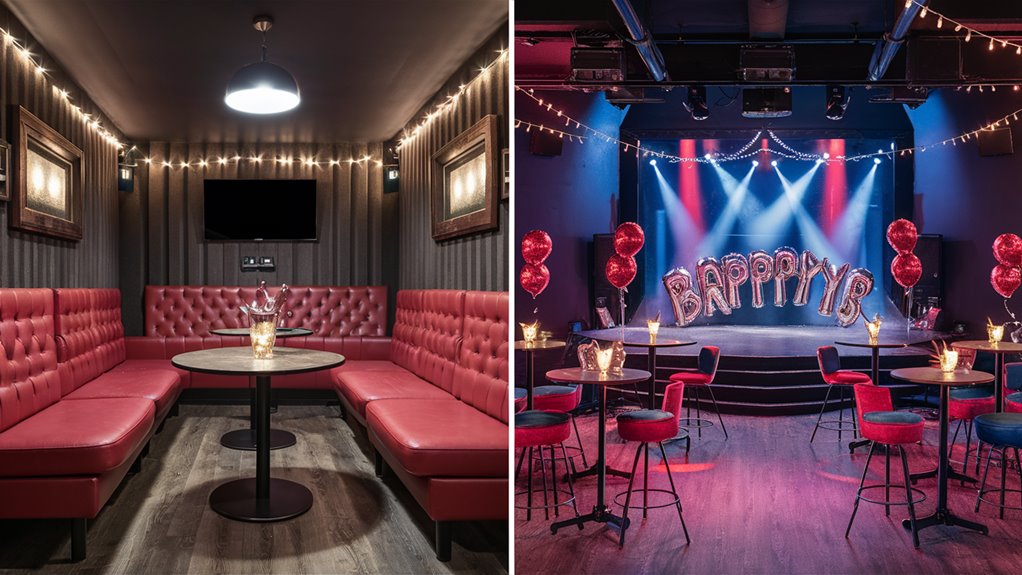
Understanding What Food Services Are Offered
Karaoke spots often have three main ways to handle food: food from them, bringing your own food, or no food at all.
Choosing a place that lets you bring food and drinks can cut down your costs a lot.
Food from the Venue
Professional karaoke places often work with local food spots or have their own kitchens.
While handy, food from the spot usually costs 30-40% more than other choices.
Spot deals might need you to buy a set amount of food, but group deals can help lower this cost.
Drinks and Rules on Alcohol
Managing drinks at karaoke places follows tight rules, mainly about alcohol. Places usually have one of:
- Must buy drinks from them
- Bring your own with a fee for using your own
- Mixed drink options
Places that let you bring your own drinks can save you up to 60%. Think about other costs like:
- Setup fees
- Ice fees
- Paying for a bartender
- Fees for using your own drinks
Get all cost details in writing and check for hidden fees before you settle on a place.
Sound Gear and Songs for Karaoke Spots
Needed Sound Equipment
Top sound systems are key for great karaoke times. The best sound parts from brands like Shure, JBL, and Yamaha give clear sound and strong performance.
A full setup needs many wireless mics – at least two for duets and spares – to keep the fun going all night.
Song Systems Today
Today’s karaoke spots use modern systems like TouchTunes and Karaoke Cloud for smooth music play. These digital song lists usually have over 20,000 songs in many styles and languages.
Key parts include easy-to-use screens, remote song picking, and smart queue systems you can run from your table or a main spot in the room.
Keeping the Song List Fresh
Great karaoke places keep their song lists up-to-date with new hits and old classics. Things to think about:
- Looking at the song list before you book
- Setting up playlists for special events
- Adding your own music
- Songs in many languages
- Regular updates and list care
How spots handle your own song files changes, with some systems letting you add your own songs for more personal choice and fun.
Your Guide to Karaoke Party Plans and Prices
Basic Plan Deals
Usual karaoke deals often start at $300 for two hour events, for up to 10 people. These basic deals cover room use, simple sound gear, and standard song systems.
Mid-level deals fall between $500-700, with more perks like longer times, free snack plates, and drink credits.
Smart Booking for Best Prices
Busy vs. slow pricing really changes the total cost. Book during weekday or afternoon hours to get 30-40% off.
Early deals before 6 PM might also have extras like free small eats or more singing time, making the most for groups watching their spending. Tips for Organizing the Best Karaoke Night for Your Office
What’s in the Deal and Extras
Getting what’s in the deal clearly is key to know your costs. While basic deals cover the needed stuff, better extras like your own server, top song picks, and special lights run from $100-200.
Think about the minimum food and drink buys of $20-35 per person. Most spots also ask for a money back deposit to cover their gear.
More Things to Think About
- Room size and group limits
- How good the sound system and song list are
- Needed food and drink buys
- Rules on canceling and deposit needs
- Paying more for better service or extras
